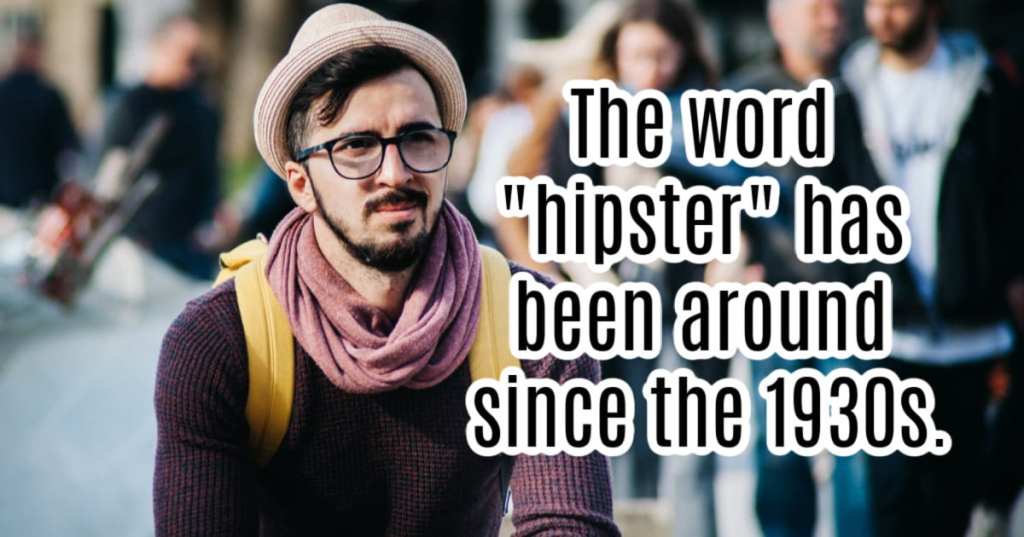Trending Now
We have certain ideas of “old” and “new,” but let me tell you something, dear readers – there really is nothing new under the sun.
While we think that we’ve invented all kinds of hip and cool vocab over the past 50 years – and some things pertaining to technology, obviously, are definitely a sign of the times – you might be surprised that these 14 words have been around for quite awhile.
14. Barbecue

Image Credit: Pexels
This word is older than you think, and also, it’s not inspired by America’s love of burgers, ribs, and hotdogs at all.
The word dates back to Spain in the mid-1600s and the word “barbacoa,” which referred to an indigenous way of cooking meat over a frame of sticks and a fire.
13. Politically correct

Image Credit: Pixabay
In the 1792 U.S. Supreme Court decision Chisholm v. Georgia’s majority opinion state that the people, not the states, held the real power in the country:
“To ‘The United States’ instead of to the ‘People of the United States’ is the toast given. This is not politically correct.”
12. Dope
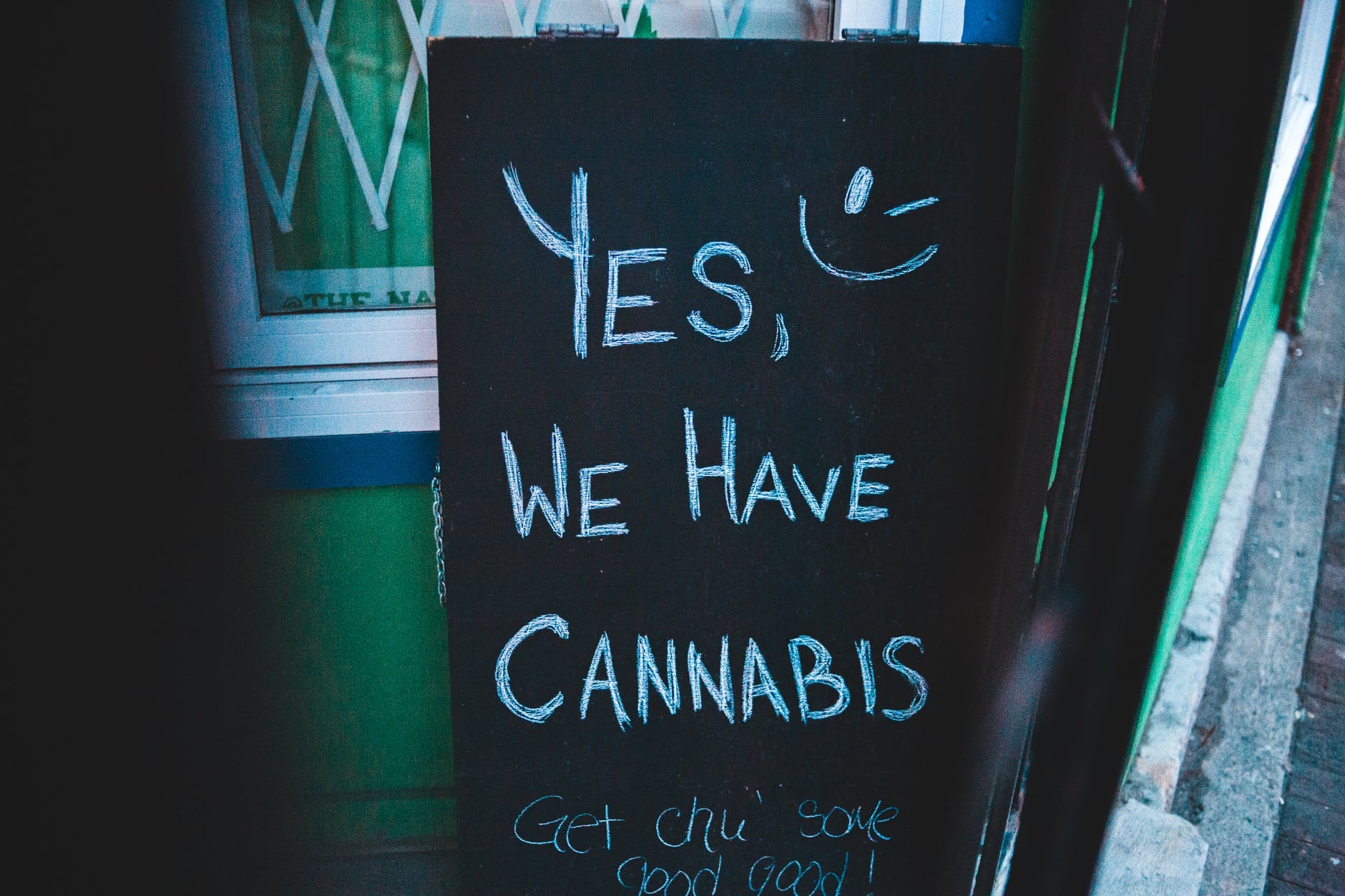
Image Credit: Pexels
There are all kinds of slang meaning for this word – someone acting silly, akin to ‘awesome,’ or even shorthand for drugs – and it dates back in similar form to the mid-1800s.
It comes from the Dutch word “doop,” which means “sauce,” which makes me wonder if that’s why we say “awesome sauce?”
11. Spork

Image Credit: iStock
This appeared as an entry in the Century Dictionary in 1909, and utensil – half spoon, half fork – has been used since the mid-1800s.
10. Influencer

Image Credit: iStock
There haven’t always been social media influencers, but the actual word has been around since the 1660s.
It wasn’t a job (is it really a job now?), but used to describe an influential person or circumstance.
9. Truthiness
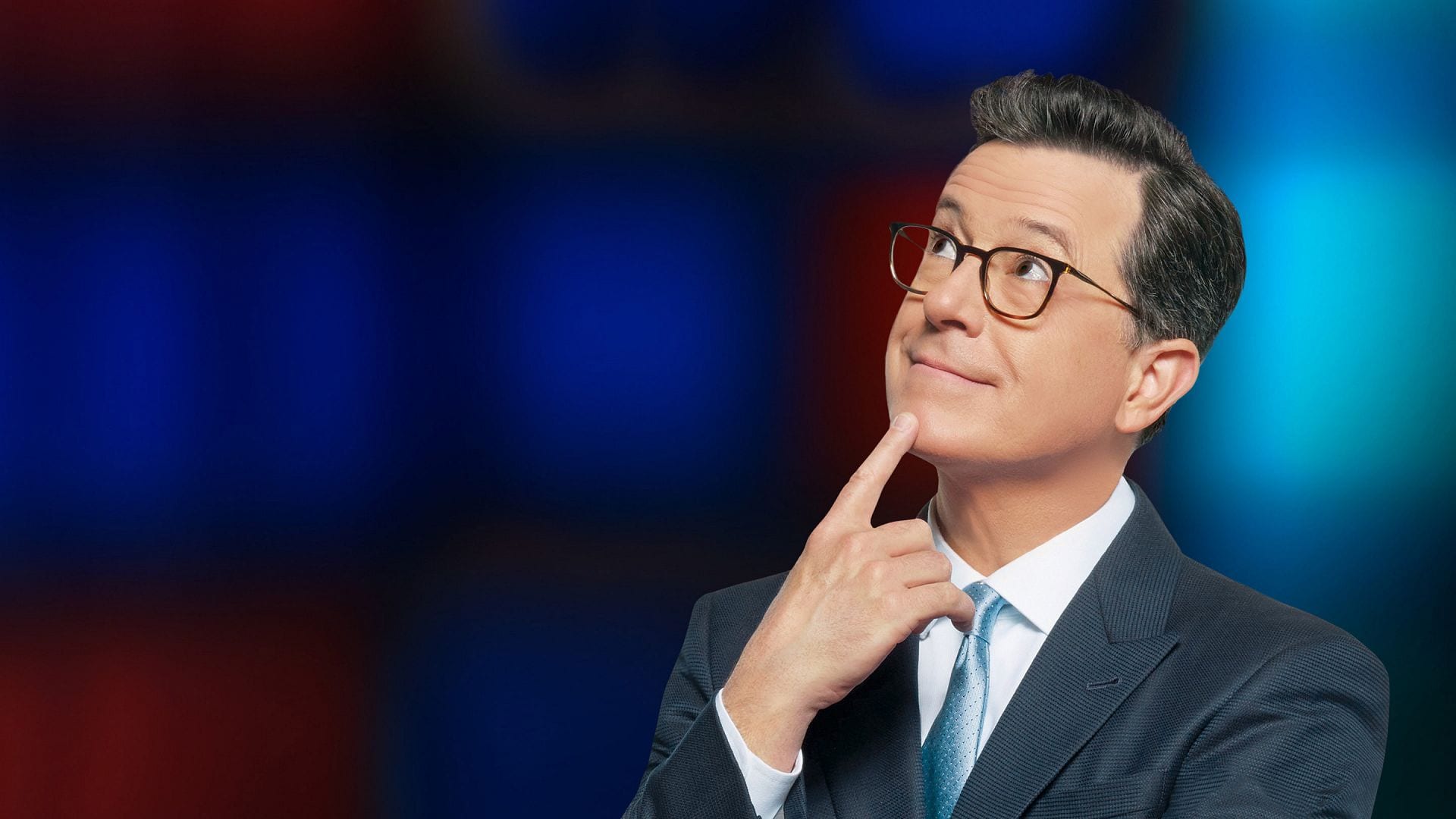
Image Credit: CBS
Stephen Colbert made this word popular back in 2005, but the 1824 Oxford English Dictionary included it as an alternate form of “truthfulness.”
8. OMG

Image Credit: iStock
This one shocked me! The Oxford English Dictionary recorded it in 1917, in a letter from a 76-year-old (!!!) admiral to Winston Churchill.
“I hear that a new order of Knighthood is on the tapis – O.M.G. (Oh! My! God!) – Shower it on the Admiralty!”
I cannot believe this is real.
7. Not!
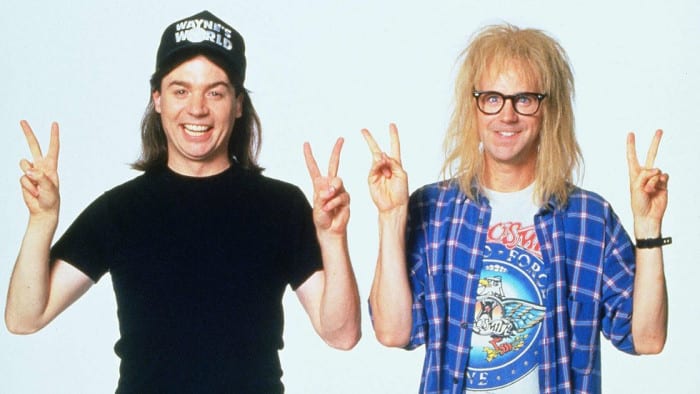
Image Credit: NBC
Saying this word at the end of a sentence as an emphatic was not, actually, invented by Saturday Night Live’s sketches in the 1980s.
The joke first gained popularity in the early 1900s by humorist Ellis Parker Butler (and others).
6. Unfriend
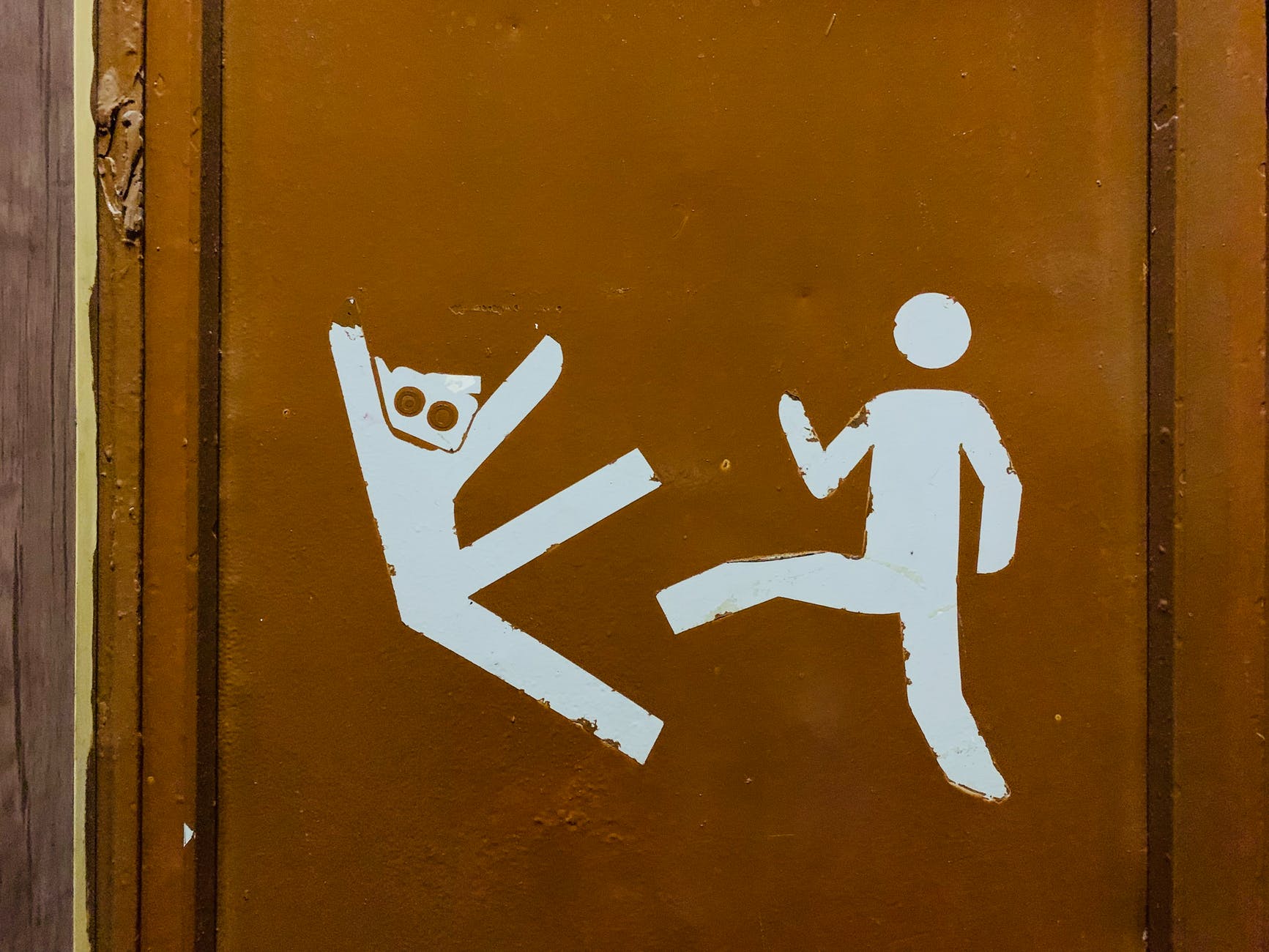
Image Credit: Pexels
In the 1600s, this word meant ending a friendship with someone – just not online, but in real life!”
“I hope, Sir, that we are not mutually un-friended by this difference which hath happened betwixt us,” wrote scholar Thomas Fuller in 1659.
People also used “unfriend” as a noun to describe someone who was an enemy.
5. Smash hit

Image Credit: Pexels
Variety magazine began using this to describe successful movies in the 1920s.
4. Hipster

Image Credit: Pexels
In the late 1930s and early 1940s, people used the word pretty much the same way we use it today – to describe someone who was always ahead of the trends.
3. Bunk

Image Credit: wfdd.com
In 1820, Congressman Felix Walker pontificated on whether or not Missouri should be admitted to the union as a free or slave state.
Walker was from Buncombe, NC, and others adopted the phrase “talking from Buncombe,” which was shortened to “bunkum,” and finally to “bunk” in 1900.
There’s a feather in your cap, Sir.
2. Legit

Image Credit: Pexels
Shortening the word “legitimate” to “legit” has been around since the 1890s, beginning as theater slang.
Since the 1920s, it’s been used to refer to something authentic or honest.
1. Gossip
If you’re a reader of classic novels, then you already know this one has been around since the time of Austen, but it actually dates back much further than that. “Gossib” is a Middle English word that referred to a close friend or confidant, but it led to the word and meaning we use today.
Some of these definitely surprised me, but I love learning new things!
Did we shock you, or were you already hip to these origin stories? Tell us in the comments!

